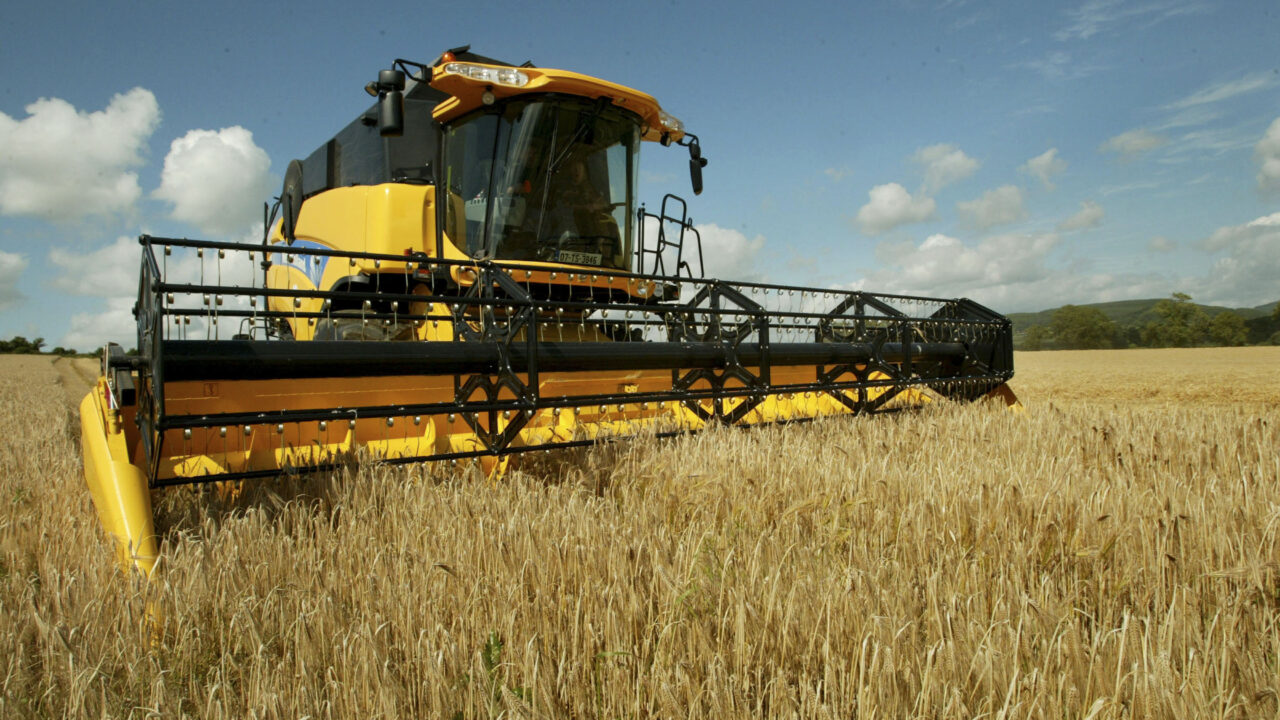There are tools at the disposal of young farmers to help protect their margins before they put a single tillage crop in the ground, according to Macra na Feirme.
Methods to safeguard profits margin have become increasingly important as tillage farmers continue to operate in a highly volatile market, it says.
The tillage sector has not been helped by an ongoing credit crisis, increased production in the Baltic States, Russia and the US, as well as record high stock piles of grains worldwide that look to be ever increasing.
Traditionally, green grain growers don’t have their own drying and storage facilities and deliver their grain to the merchant at harvest time without any prior contract in place, accepting the price offered by the merchant upon delivery.
Protect margins with forward selling
Fortunately market tools, like forward selling, do exist to help provide tillage farmers with some sense of price certainty, it says.
Almost all grain merchants offer a forward selling mechanism whereby the farmer can forward sell a set quantity, for delivery at a predetermined future date, at an agreed price and spec.
By doing this the grower knows the price before delivery, if not prior to planting the crop.
For those that have their own drying and storage facilities, the grower stores the grain until the merchant requires it however the length of storage will be decided at the time the contract is written.
Many merchants are able to offer a daily price and if the grower feels that this price allows them to make a margin, suppliers can lock in the price and form a legally binding contract with the merchant to supply grain as per the contract details.
As with any legally binding contract, both parties (i.e. the grower and grain merchant) are bound to the terms of the contract.
For the merchant this refers to the price of the grain with the grower meeting the contracted tonnes and grain specs. Failure to meet the agreed grain specs or tonnage may lead to the merchant legally imposing price penalties on the grower.
Macra’s Agricultural Affairs Committee Chairperson, James Barber, outlined the added benefit of forward selling for loan applications.
Forward selling has the additional advantage of providing young farmers with leverage when seeking credit from the banks, he said.
Those farmers engaged in forward selling are provided with a reduced level of risk due to the already secured grain price, therefore looking more favourable to the banks.
Meanwhile, to overcome this tough year Macra would encourage all of its members and other young tillage farmers to contact their grain merchants and consider the forward selling options available to them, Macra President Sean Finan has said.
“The option of forward selling provides the grower with security, by knowing that no matter what the market conditions are at harvest, they are locked into a profit making price.
“Forward selling can be vital in the early stages of planning, particularly when choosing what crops to grow or how much land to rent and can often be the decider whether or not a certain crop is worth sowing,” he said.
